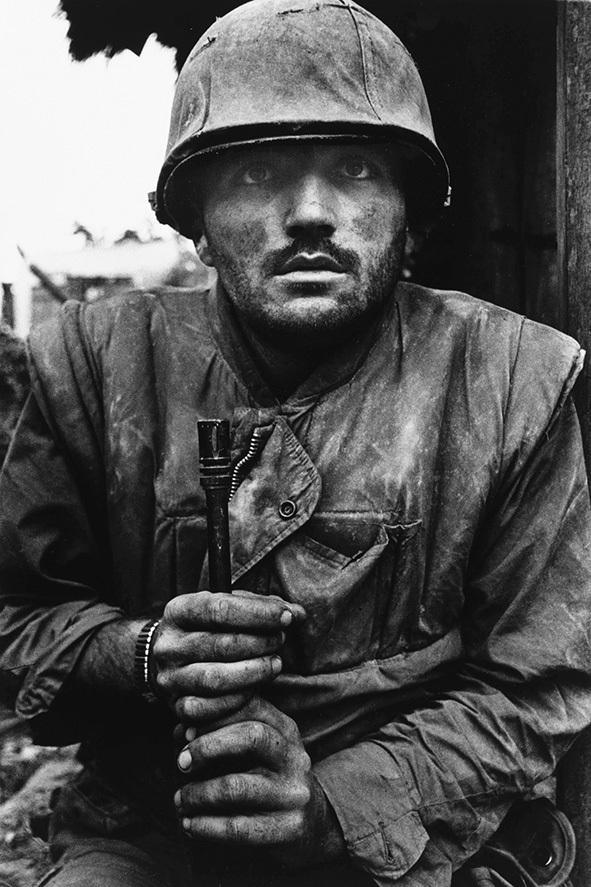The Life and Legacy of Don McCullin

Introduction to Don McCullin
Don McCullin is a name that resonates deeply in the world of photography, particularly in the realm of photojournalism. His documentation of war and human suffering has earned him international acclaim and respect, making him one of the most significant photographers of our time. With an ever-evolving landscape of modern conflict, McCullin’s work remains particularly relevant as it highlights the ongoing struggles of humanity.
Early Life and Career
Born on October 9, 1935, in Finsbury Park, London, McCullin’s journey into photography began somewhat by accident. After serving in the Royal Air Force, he took up photography and began to document the world around him. It wasn’t long before he was at the forefront of war photography, capturing harrowing images during the Vietnam War that would leave a lasting impact. His work during this period was marked by a deep empathy for his subjects, often showcasing the tragic consequences of conflict.
Significant Works and Achievements
Throughout his career, McCullin has worked in numerous war zones, including Cyprus, Biafra, and Northern Ireland, creating poignant images that speak volumes about the human condition. His photograph of a wounded soldier in Vietnam, or the starving children in Biafra, exemplifies his ability to capture the truth of human suffering in ways that are both raw and compelling. His works have been showcased in exhibitions around the world, and he has received various awards, including the prestigious Royal Photographic Society’s centenary medal in 2011.
Recent Developments
As of 2023, McCullin’s work continues to garner interest, with retrospectives and exhibitions celebrating his contributions to photography. In a world where images are often manipulated or sensationalised, McCullin’s honest and stark portrayal of life’s struggles serves as a crucial reminder of the realities faced by many. Recently, he has also spoken about the importance of mental health and the haunting memories that accompany a lifetime of photographing violence and suffering.
Conclusion
Don McCullin’s legacy endures not only through the striking images he has produced but also through the conversations his work inspires about war, humanitarianism, and the ethics of photography. As conflicts continue around the globe, the relevance of McCullin’s work remains significant, underscoring the need for compassion and understanding in times of strife. For aspiring photographers and those interested in the human experience, Don McCullin serves as a touching reminder of the power of photography to evoke change and promote dialogue.
